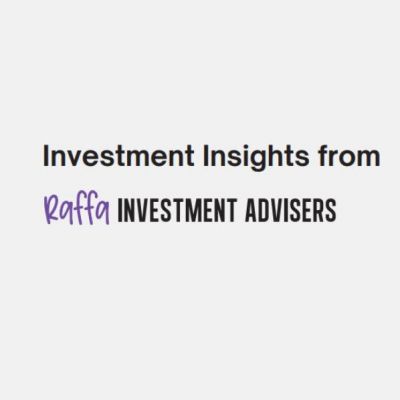Filter
Filter By Filter By Categories
Investment Insights: Historic Levels of Concentration in the Market
Raffa takes a deeper look at how a handful of technology stocks have come to dominate the US stock market…
March 2024 Market Commentary & Outlook
March kicked off with a strong jobs report followed by data showing that inflation was still sitting above the Federal…
February 2024 Market Commentary & Outlook
US Stocks led the way through February with several indices crossing all-time highs throughout the month. Corporate earnings season has…
January 2024 Market Commentary & Outlook
2024 is underway, and the New Year kicked off to a turbulent start as stocks stumbled out of the gates…
December 2023 Market Commentary & Outlook
December was a great month for the markets, building on the gains of the previous month and capping off a…
Raffa Insights: 2023 Year in Review
Ryan Frydenlund sat down with Dennis Gogarty and Mark Murphy to recap the year for nonprofit & association investors and…
November 2023 Market Commentary & Outlook
Markets closed on a positive note in November with signals of the US economy cooling off and reduced inflation lifting…
Does international equity still make sense?
US stocks have jumped over the first 8 months of the year with the Russell 3000 Index rising 18.0%[1]. International…
What Should Nonprofits Do With Cash in 2023?
Given the recent collapse of Silicon Valley Bank and Signature Bank and concern about additional bank failures, many nonprofits are…











